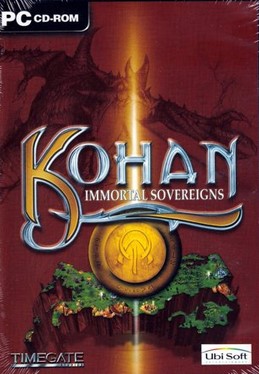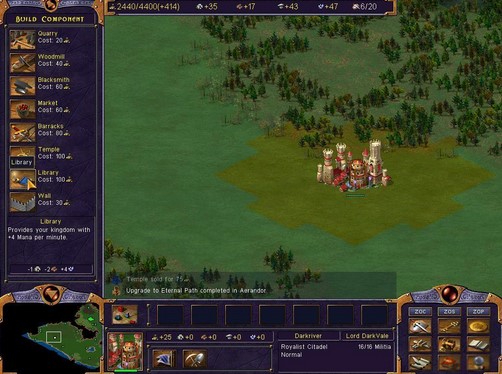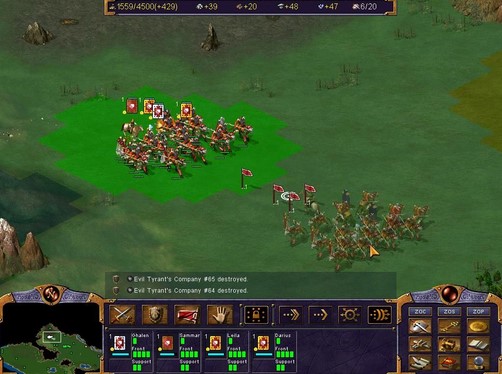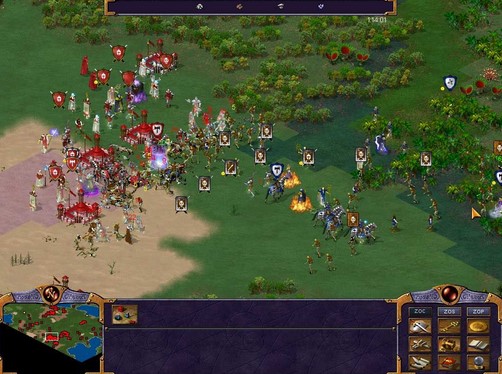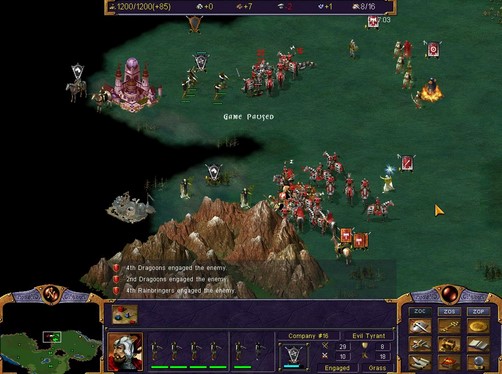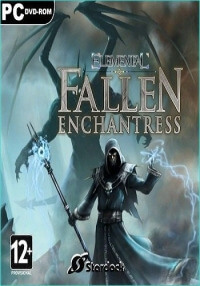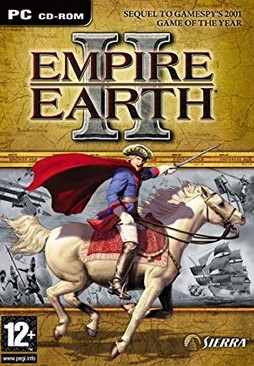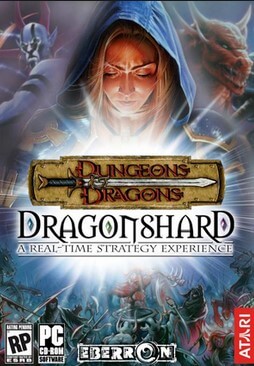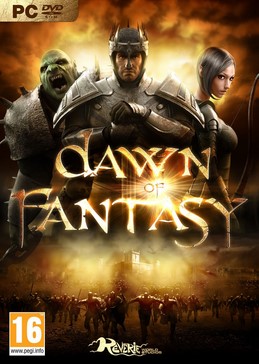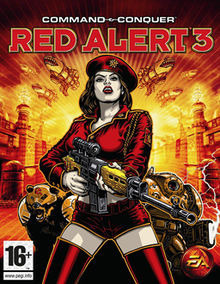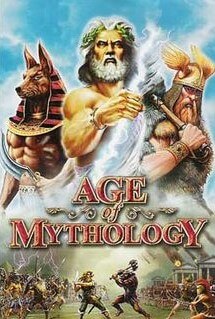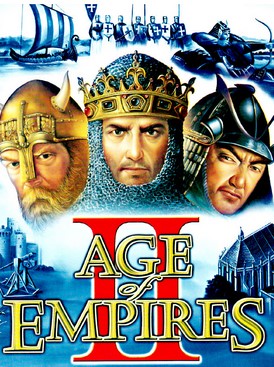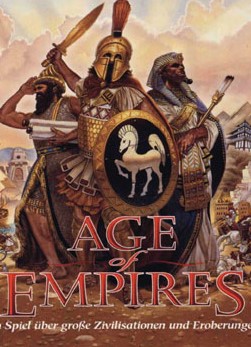Kohan: Immortal Sovereigns is a real-time strategy video game developed by TimeGate Studios. It was published for Microsoft Windows by Strategy First, and ported to Linux by Loki Software, both in 2001. With a high fantasy setting, the game follows immortal beings named Kohan. It features a lengthy single-player campaign and skirmish maps playable in multiplayer or against the AI. The gameplay focuses on controlling companies instead of individual soldiers, a mechanic praised by critics for eliminating micromanagement. A sequel, Kohan II: Kings of War, was released in 2004.
Gameplay
The Kohan economy has five resources, of which gold, as the only resource which can be stockpiled, is the most important. The four secondary resources, stone, wood, iron, and mana, are used to support the military; if their production is insufficient, gold income will be decreased to accommodate. Resources are produced in settlements or in mines; mines can only be placed in predetermined locations. Settlements have a number of slots to be occupied by one of eight components; each produces a particular resource, or gives another benefit to the settlement. Settlements also determine the support limit, which represents the number of companies the player can support.
The main military unit in Kohan is the company. Each company is led by a Captain, has four front line units, and can have up to two different support units. The units available for company creation depend on the components in the settlement where the company is being recruited. For each company, a recruitment cost must be paid in gold; furthermore, each unit in the company requires a certain amount of secondary resources to support itself. Companies are defined by experience, morale and formation. A company's support units and Kohan can provide additional modifiers, affecting attack strength, move speed, defense and other. Once a company engages in combat, each unit will fight individually. As long as a single unit survives combat, the company can eventually resupply to full strength.
Units in Kohan are divided into six categories: infantry, cavalry, archer, specialty, support, and Hero elements. The first four categories can be both front line and support troops, while the fifth may only occupy support unit slots. The sixth category represents the Kohan, who are the most powerful units, and can only be put in the Captain slot. Each Kohan can provide several modifiers and cast several spells. Kohan have an experience stat separate from the companies' experience, which affect their abilities. If a Kohan dies, he may be resurrected, but will lose all experience. If no Kohan is available, a Captain without any special abilities will lead the company. Kohan can be detached from and attached to companies at any time if the company is in supply (see below).
A significant element in Kohan are the three zones: Zone of Control (ZoC), Zone of Supply (ZoS) and Zone of Population (ZoP). Each company has a ZoC, which is based on formation. If a company's ZoC overlaps with an enemy company's ZoC, they will engage in combat. The ZoS is the area in which companies can be healed; it is provided by settlements, unless the settlement is under siege, and is based on a settlement's size and components. If a company's ZoC overlaps with a friendly ZoS, the company is considered "in supply" and will heal when out of combat. Each settlement also has a ZoP, representing the lands already inhabited. New settlements must be built outside the ZoP.
Setting
Kohan follows the story of a Kohan named Darius Javidan as he fights the rise of the Ceyah, Kohan tainted by evil, to re-establish Kohan society in Khaldun. According to Steve Hemmesch, TimeGate Studio's lead designer at the time, the storyline of Kohan was influenced by Persian mythology and Zoroastrianism. The Kohan are a group of immortals that the Creator tasked with protecting and fostering Khaldun. Although the Kohan can be killed with violence, they only remain dead until they are "awakened" through the use of individually assigned amulets.
When the Creator desired to build a new world, he consulted the two greatest of his Saadya, angel-like beings, named Ahriman and Ormazd. Of the two plans proposed, Ormazd's best fit the Creator's vision and the remaining eight Saadya were ordered to create the world, which Ormazd had named Khaldun. During its construction, however, Ahriman, whose plan had been rejected, plotted Khaldun's downfall. While Kohan culture bloomed early on in Khaldun's history, it was destroyed in The Great Cataclysm when certain Kohan desired to be free from the will of the Creator. The Kohan defeated the Ceyah and the traitors were sent away from Kohan society. One Ceyah, Vashti, formerly known as Roxanna Javidan, Darius Javidan's wife, was particularly rebellious against the Creator. She murdered her husband and led the Ceyah armies, hoping to become a tyrant over all of Khaldun.
